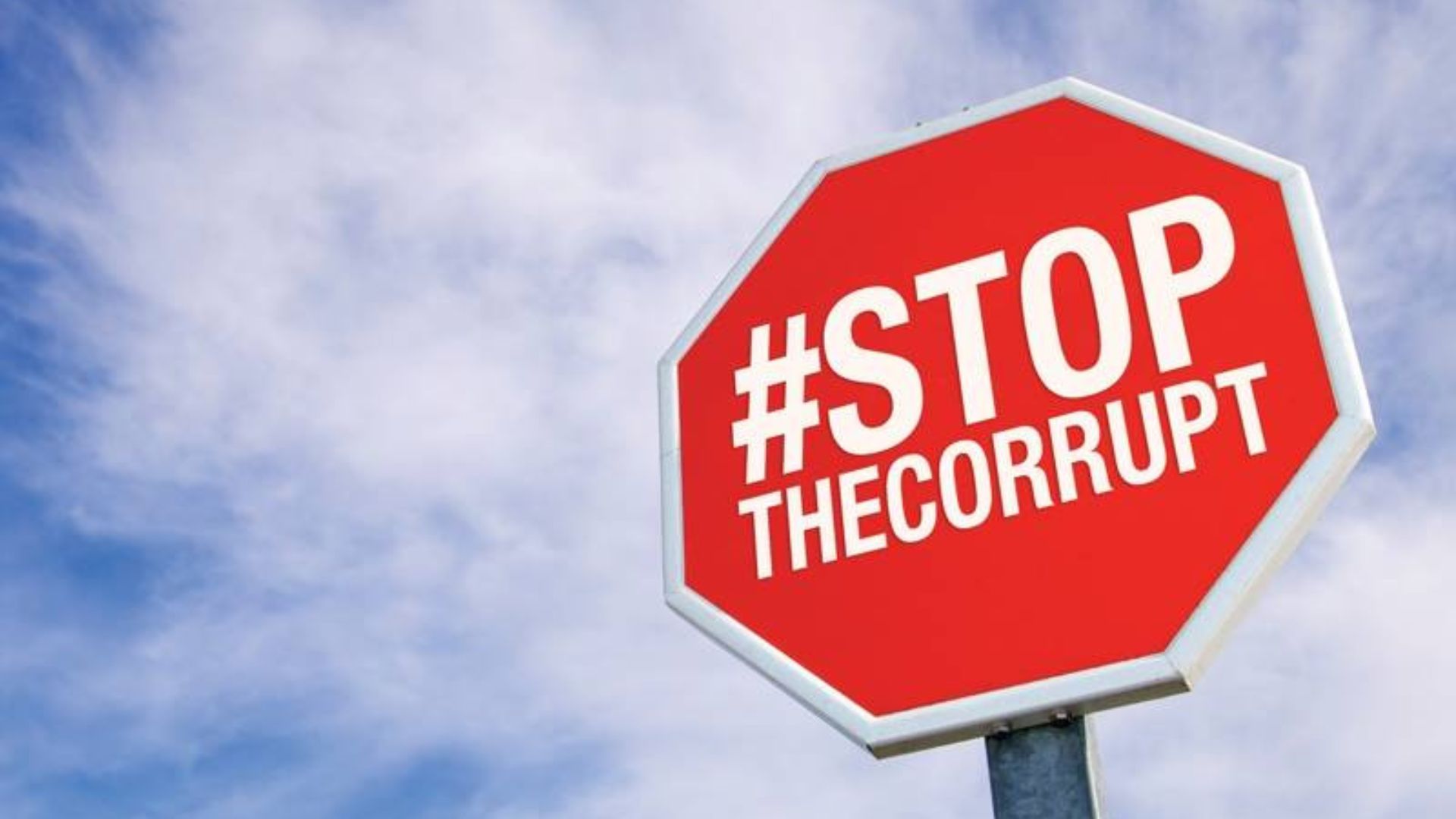Corruption remains a significant challenge in global politics, undermining democratic institutions, eroding public trust, and perpetuating inequality. Despite various efforts to combat it, corruption continues to plague governments and institutions worldwide. This article explores the nature of corruption in global politics, its impact, and potential strategies for effectively addressing and reducing it.

Understanding Corruption
Definition:
- Corruption refers to the abuse of power for personal gain, including bribery, embezzlement, nepotism, and fraud. It involves the misuse of official position or resources to benefit individuals or groups unfairly.
Types of Corruption:
- Political Corruption: Involves actions by government officials to gain undue advantages or manipulate policies for personal benefit.
- Administrative Corruption: Includes bribery and favoritism within bureaucratic processes, affecting the fairness of public services.
- Corporate Corruption: Encompasses unethical business practices such as kickbacks and fraudulent reporting, often intertwined with political corruption.
The Impact of Corruption
Erosion of Trust:
- Public Disillusionment: Corruption erodes public trust in political institutions and leaders. When citizens perceive that officials are corrupt, they lose confidence in the effectiveness and fairness of governance.
- Reduced Civic Engagement: Disillusionment can lead to lower voter turnout and reduced civic participation, weakening democratic processes.
Economic Consequences:
- Economic Inefficiency: Corruption distorts economic activities, leading to misallocation of resources, inflated costs, and reduced economic growth.
- Investment Deterrence: Foreign and domestic investors are often deterred by corruption, which increases the risk and cost of doing business.
Social Inequality:
- Widening Gaps: Corruption often exacerbates social inequality by diverting resources away from essential services such as healthcare and education, disproportionately affecting the most vulnerable populations.
- Access to Opportunities: It creates unequal access to opportunities and services, reinforcing existing social and economic disparities.
Strategies to Combat Corruption
Strengthening Institutions:
- Effective Oversight: Establishing independent anti-corruption bodies with the authority to investigate and prosecute corrupt activities is crucial. These bodies should be free from political interference and adequately resourced.
- Judicial Independence: Ensuring an independent and impartial judiciary helps in the fair prosecution of corruption cases and deters potential offenders.
Promoting Transparency:
- Open Government Initiatives: Transparency in government operations, including budget processes and public procurement, helps reduce opportunities for corruption. Open data policies allow public scrutiny and accountability.
- Whistleblower Protection: Protecting whistleblowers who report corrupt activities encourages the exposure of wrongdoing and supports transparency efforts.
Enforcing Accountability:
- Anti-Corruption Laws: Implementing and enforcing robust anti-corruption laws, including penalties for corrupt practices, is essential for holding offenders accountable.
- Audits and Reviews: Regular audits of government expenditures and public projects can detect irregularities and prevent corruption.
Encouraging Civic Engagement:
- Public Awareness Campaigns: Educating the public about the impact of corruption and their role in combating it fosters a culture of accountability and integrity.
- Civil Society Organizations: Supporting NGOs and civil society groups that monitor and advocate against corruption enhances grassroots efforts and increases public pressure on corrupt practices.
International Cooperation:
- Global Agreements: Participating in international anti-corruption agreements and conventions, such as the United Nations Convention against Corruption (UNCAC), helps align national efforts with global standards.
- Cross-Border Collaboration: International cooperation in tracking and prosecuting corruption, especially when it involves cross-border transactions and illicit financial flows, is vital.
Case Studies
Singapore’s Anti-Corruption Model:
- Approach: Singapore is renowned for its low levels of corruption due to a rigorous anti-corruption framework, including strong enforcement, transparency measures, and a culture of integrity.
- Results: The country’s success demonstrates the effectiveness of comprehensive anti-corruption strategies and strong institutional frameworks.
The Transparency International Index:
- Approach: Transparency International’s Corruption Perceptions Index (CPI) ranks countries based on perceived corruption levels. It highlights areas needing improvement and helps track progress over time.
- Results: The CPI provides a benchmark for assessing the impact of anti-corruption measures and fosters competition among countries to improve their rankings.
Challenges and Limitations
Resistance to Reform:
- Political Will: Corruption often persists due to a lack of political will among leaders who benefit from the status quo. Overcoming resistance to reform requires strong leadership and public pressure.
- Cultural Norms: In some societies, corruption is deeply embedded in cultural and social norms. Addressing these requires comprehensive education and cultural change.
Complexity of Global Corruption:
- Transnational Networks: Corruption often involves complex transnational networks, making it challenging to address within national boundaries alone.
- Resource Constraints: Many countries face resource constraints that limit their ability to effectively combat corruption and implement anti-corruption measures.
Conclusion
While completely eliminating corruption may be challenging, significant progress can be made through a combination of robust institutional frameworks, transparency initiatives, accountability measures, and international cooperation. Understanding the nature and impact of corruption, alongside implementing effective strategies, is crucial for promoting integrity and restoring public trust in global politics.

